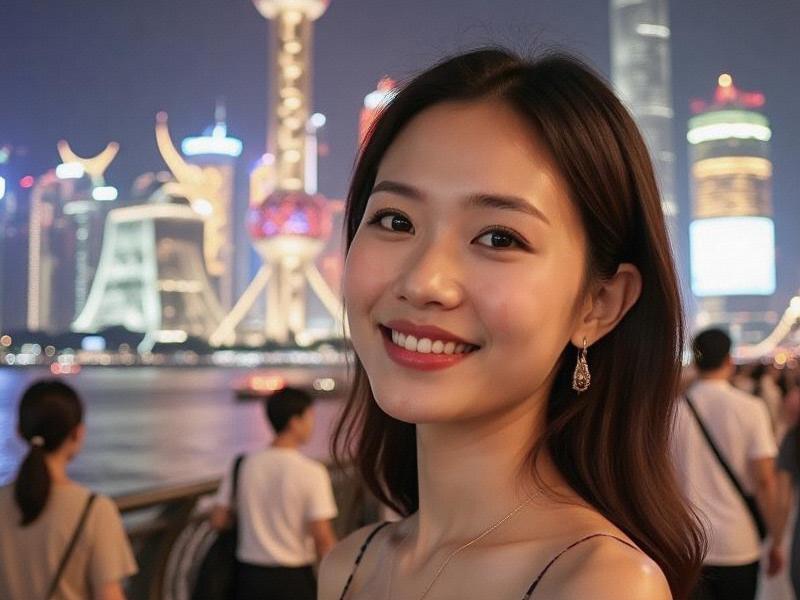
The glow of Shanghai's entertainment districts has returned brighter than ever, but beneath the neon lights lies an industry undergoing profound transformation. From the jazz bars of the Former French Concession to the mega-clubs of Bund 18, entertainment venues are rewriting their playbooks in China's most cosmopolitan city.
1. Market Overview (2025):
- Total industry value: ¥52.3 billion ($7.3 billion)
- 1,892 licensed entertainment venues operating citywide
- 78% occupancy rates on weekends (up from 43% in 2022)
- Average customer spending: ¥680 ($95) per visit
2. Emerging Business Models:
• "Cultural KTV" hybrids combining karaoke with art exhibitions
• Membership-based social clubs with co-working spaces
上海龙凤419足疗按摩 • Multi-venue entertainment complexes featuring e-sports arenas
• High-tech lounges utilizing VR and holographic performances
3. Consumer Trends:
- 62% of patrons prioritize "experience quality" over alcohol consumption
- Rising demand for craft cocktails and premium teas
- 39% increase in female-dominated venue bookings
- "Early nightlife" (6pm-midnight) becoming mainstream
4. Regulatory Landscape:
上海龙凤419是哪里的 - Stricter ID verification systems implemented since 2024
- Noise pollution controls affecting operating hours
- Mandatory safety training for all staff
- Digital surveillance requirements for high-capacity venues
5. Cultural Significance:
- Preservation of 1930s-style jazz venues
- Modern reinterpretations of traditional tea house culture
- Fusion concepts blending Eastern and Western entertainment
- Venues serving as unofficial business negotiation spaces
上海娱乐联盟 Industry Challenges:
- 32% labor shortage in specialized service roles
- Rising commercial rents in prime locations
- Competition from home entertainment alternatives
- Maintaining cultural authenticity amid commercialization
"As Shanghai positions itself as a global consumption hub, its entertainment venues are becoming sophisticated cultural products rather than just drinking establishments," notes Dr. Liang Wen from Shanghai University. "The successful ones understand they're selling memorable experiences, not just alcohol and music."
From the AI-powered cocktail bars of Xuhui to the revived ballrooms of Hongkou, Shanghai's entertainment scene continues to evolve - offering both a mirror to societal changes and a laboratory for innovative leisure concepts.
